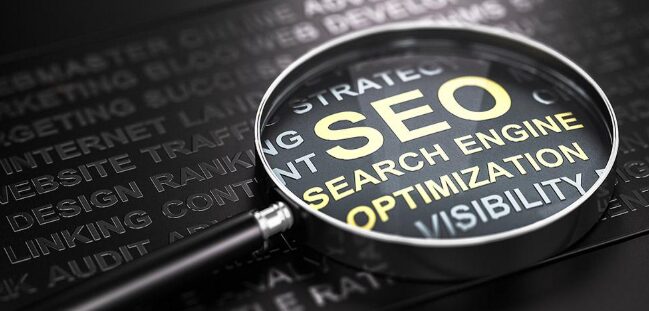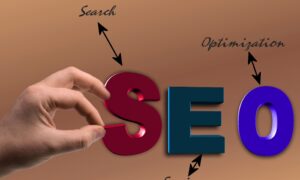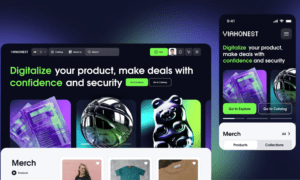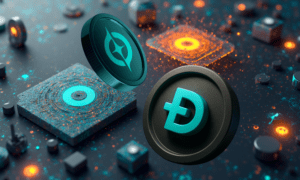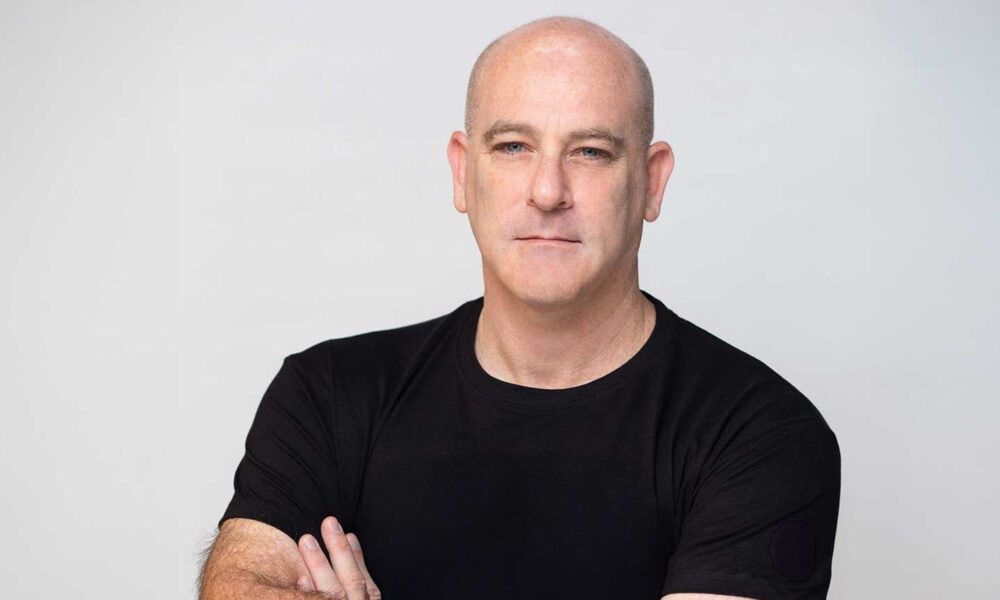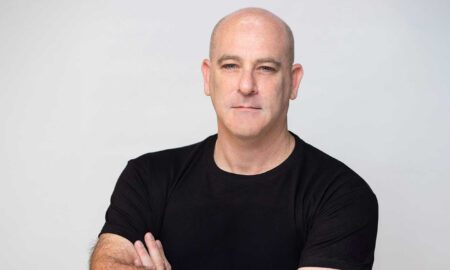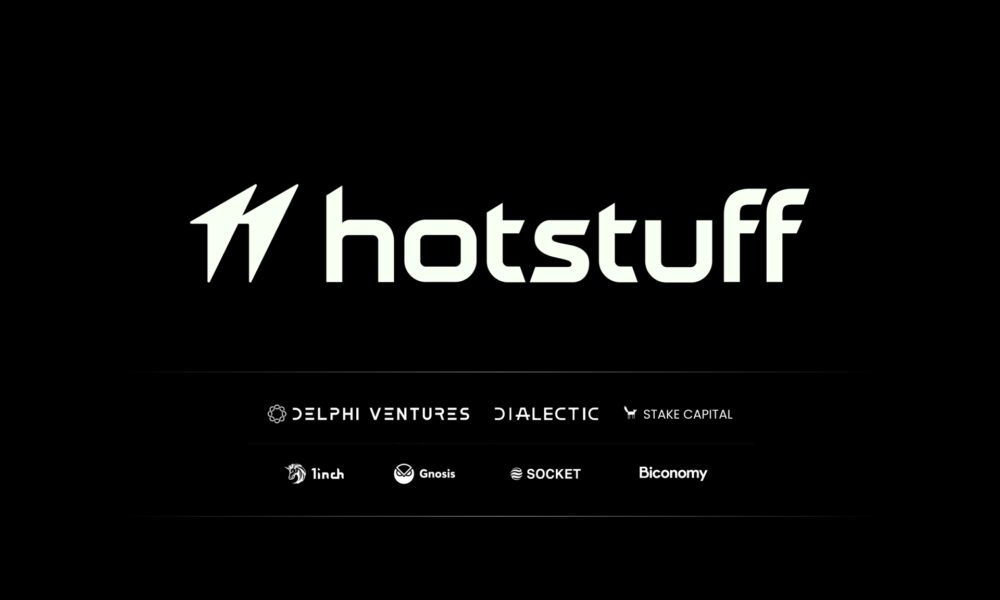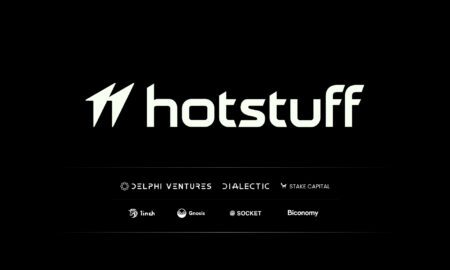By John Eberhard
There was a time when marketing meant telling the truth—just a bit louder and with better punctuation. You had a good product, you talked about its strengths, and maybe you added a little sparkle to keep things interesting. But lately, marketing strategyhas taken a detour. Somewhere between the rise of influencer culture, AI-generated hype, and performance metrics addiction, honesty got pushed to the back of the branding bus.
And that’s a problem. A big one.
The Age of Exaggeration
Today, it seems every product is “revolutionary,” every webinar is “life-changing,” and every toothpaste “destroys 99.9% of bad vibes.” Hyperbole has become the default setting in marketing. The humble truth is now seen as boring, underwhelming, or worst of all—bad for conversion rates.
But here’s the thing: people aren’t as gullible as marketers sometimes hope. Consumers are savvier, better informed, and armed with review sites, Reddit threads, and 30-second attention spans. They’ve been burned by clickbait, misled by 5-star reviews written by someone’s cousin, and disappointed by products that overpromised and underdelivered. They can smell insincerity from three scrolls away.
Why Marketers Stray from the Truth
Let’s not pretend there’s some mustache-twirling villain behind it all. The push toward dishonesty is often subtle and unintentional. It starts with tweaking the benefits “just a little,” writing that headline to sound more exciting, or using a stock photo of a diverse team that doesn’t actually work there. Slowly, marketing becomes more about the illusion of value than the delivery of it.
I can’t tell you how many emails I get from people who claim they have reviewed my site, but are then offering me services I already offer. So I know it’s not true.
It’s the marketing version of junk food—cheap, addictive, and not so great for long-term health.
The Long-Term Cost of Short-Term Hype
Sure, dishonest marketing might get clicks. It might even get a sale. But it won’t get loyalty. People remember when they feel misled. They unsubscribe. They leave one-star reviews. They tell their friends. In the long run, dishonesty erodes trust—and trust is the real currency of marketing.
In contrast, when a brand tells the truth (even when it’s not sexy), people notice. “No, this product won’t change your life—but it will save you 10 minutes a day” is refreshingly believable. It sets the right expectations, builds credibility, and attracts customers who stick around.
The Case for Radical Honesty
Imagine a world where brands admitted their flaws, acknowledged competitors, and stopped trying to sound like carnival barkers. It’s not just wishful thinking—some companies are already doing it. They say things like:
“We’re not the cheapest, but we’re the most reliable.”
“This feature isn’t perfect yet—we’re working on it.”
“We might not be for everyone, but we’re right for the right people.”
And you know what? It works. Because people appreciate brands that respect their intelligence.
Final Thoughts
Honesty in marketing isn’t outdated—it’s underrated. In a world full of hype and noise, truth stands out. It builds relationships, earns trust, and turns casual customers into loyal advocates. So if you’re a marketer or business owner, here’s a radical idea: try telling the truth.
It might not always win the click—but it will win the customer.
John Eberhard is President of Real Web Marketing Inc., a full service digital marketing agency servicing clients nationwide.

